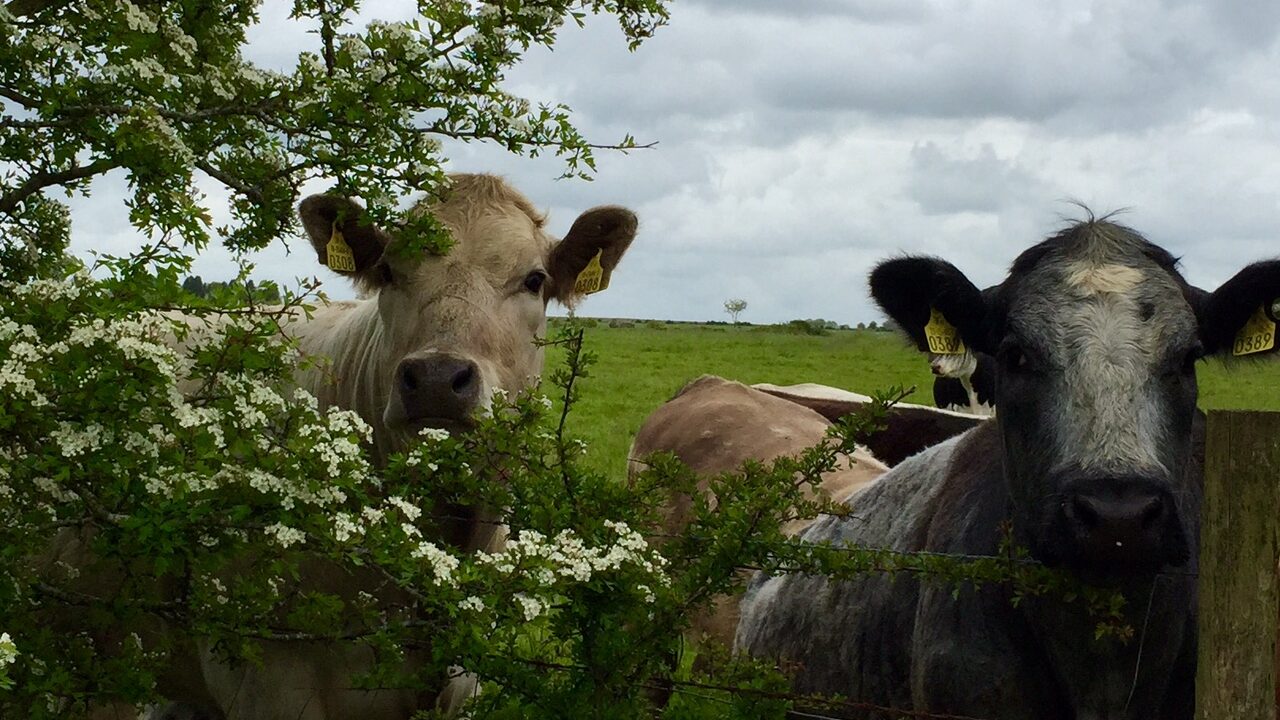New figures on GLAS have been released by the Minister for Agriculture Simon Coveney, which show that 1,300km of new hedgerows will be planted under the first tranche of the scheme.
The Minister said he was delighted by the uptake and by the wide variety of actions chosen.
“By any standards, GLAS is already a huge success and it is clearly going to play a key role in the protection of our rural environment over the new programming period.”
Nearly 27,000 farmers applied to join the Green Low Carbon Agri-Environment Scheme, or GLAS as it is commonly known, in the first tranche and early indications are that most of these will draw close to the maximum annual payment of €5,000.
The Minister welcomed this in particular, as concern had been expressed by some that only a minority of farmers could ever hope to achieve this level of payment.
The most popular action was Low Input Permanent Pasture selected by 20,000 farmers.
Protection of watercourses was another popular choice by 10,000 farmers, while large numbers also chose a variety of actions designed to protect birds, bees and bats. In fact, actions addressing every single objective have been selected by farmers in this first tranche.
• 8,000km of water courses will be protected,
• 40,000ha of endangered bird habitat will be brought under sustainable management
• 50,000ha of other Natura habitat will be protected
• 1,300km of new hedgerows will be planted
• 2,000 new groves of native trees will be established
• 1,000 new orchards of traditional Irish varieties will be planted
• 6,000km of stone walls will be protected
• 6,000 new habitats will be created for threatened solitary bee species
• 90,000 bird boxes and 80,000 bat boxes will be erected
• 2,700 commonages will be brought under new Commonage Management Plans
• 3,000 archaeological monuments will be protected
• 8,000ha of wild bird cover will be planted, providing up to 12,000 tonnes of seed for wild birds.
The Minister also welcomed the number of commonages which have come into GLAS – applications in respect of just under 2,700 commonages, or well over half of all commonages in the country, have been received.
He said this is a major step towards the establishment of greatly enhanced management regimes for these upland areas.
